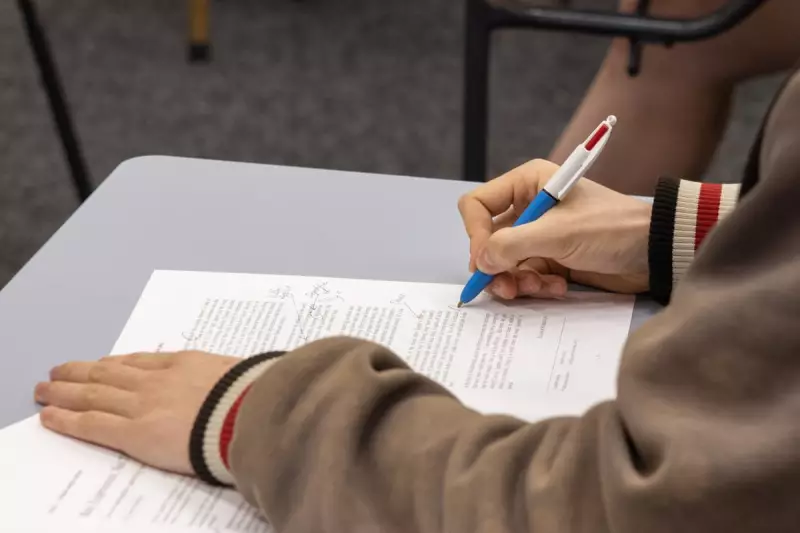
In a staggering educational oversight that has left students and teachers reeling, thousands of Australian Year 12 students discovered they had studied the wrong Shakespearean text for their final English examination.
Curriculum Confusion Leads to Widespread Panic
The monumental error came to light during the Victorian Certificate of Education (VCE) English exam, when students opened their papers to find questions about Shakespeare's Julius Caesar – a text they had never studied. Instead, they had prepared extensively for Antony and Cleopatra, following official curriculum guidance.
The Moment of Truth in Exam Halls
Imagine the scene: anxious students across Victoria, their futures hanging in the balance, confronted with a text they had never analysed. The collective gasp in examination halls reportedly alerted supervisors that something was terribly wrong.
One distressed student described the moment: "My heart just dropped. I'd spent months preparing quotes, themes, character analyses for Antony and Cleopatra, only to be faced with completely different characters and plotlines."
Educational Authorities Scramble for Solutions
The Victorian Curriculum and Assessment Authority (VCAA) has acknowledged the significant error and is now facing mounting pressure to ensure no student is disadvantaged. Emergency measures are being considered, including:
- Special consideration for all affected students
- Potential scaling of results across the cohort
- Review of assessment protocols to prevent future errors
- Consultation with schools about fair resolution
Broader Implications for Assessment Systems
This incident raises serious questions about the reliability of high-stakes testing systems that determine university placements and career pathways. Education experts are calling for:
- Multiple verification processes for examination materials
- Greater transparency in curriculum communication
- Contingency planning for assessment errors
- Reduced reliance on single high-pressure examinations
The Human Cost of Administrative Errors
Beyond the bureaucratic implications lies the real impact on young people who have invested years of effort into their final assessments. The psychological toll of such a discovery during a high-pressure examination cannot be overstated.
"These students have worked tirelessly under difficult circumstances," noted one education advocate. "To face this additional, completely avoidable stress is unacceptable."
As investigations continue and solutions are developed, the incident serves as a stark reminder that behind every examination paper are real students whose futures deserve better protection from administrative failures.





